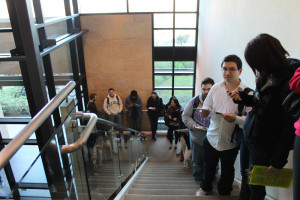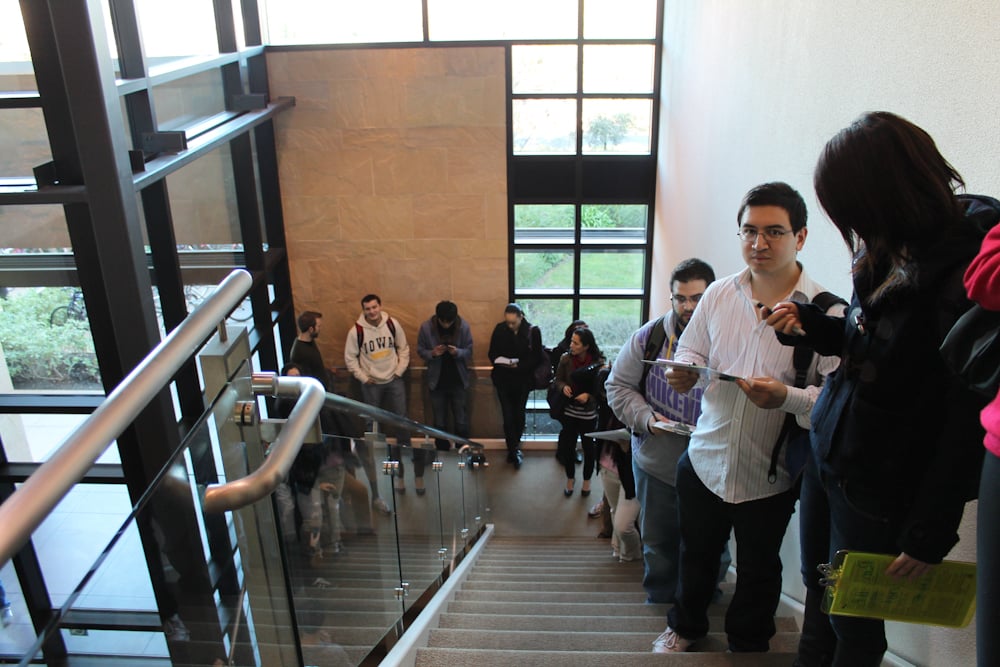
Counseling and Psychological Services (CAPS) will start offering evening hours on a limited basis.
CAPS Director Ronald Albucher said the addition of open hours is due to a request from Rebecca Smith-Coggins, associate dean for Medical Student Life Advising, and aims to accommodate medical students, whose class schedules conflict with CAPS’s regular business hours.
According to Nikita Desai’15, president of Stanford Peace of Mind (SPoM), the increase in CAPS hours is a “positive development” for all students, not just those in the medical field.
“From what I hear there is plenty of demand for CAPS services, and there’s usually always a shortage of appointments available for students,” she said.
The new evening time slots will be open to the entire Stanford community Monday through Thursday.
CAPS has seen several other changes in its offerings during the past few years, including an increase in staff in response to a growing number of student visits. This year, CAPS has added a new psychiatrist who will work three days a week.
Last year, CAPS saw about 14.5 percent of the undergraduate and graduate populations, according to Albucher.
“That is the highest it has ever been,” Albucher said. “I think that the biggest reason is more and more people are comfortable accessing the service.”
According to Albucher, the increase in visits may be attributed to students becoming better educated on the resources that CAPS offers.
Albucher also said that over the years, lectures given on campus by professionals might have helped students recognize early signs of mental issues and motivated them to seek help sooner.
CAPS also aims to increase the number of international students who use the services offered this year, as it is a demographic that Albucher said is typically underrepresented at CAPS, although this number has also been on the rise.
“We have seen a gradual increase in the utilization of CAPS services over the last three years, but want to see if we can improve further upon this,” Albucher said.
He said CAPS will meet with the Mental Health and Well-Being Advisory Board and the Graduate Student Council this year to address the issue.
On a broader level, CAPS continues to work towards making students feel more comfortable utilizing its services. Albucher cited CAPS’s various connections with community centers, including El Centro Chicano, as an example of this effort. He said that they are now present in most of the community centers on campus.
“We offer drop-in hours and we even see patients there,” he said. Apart from these community centers, CAPS also has direct connections with the School of Medicine and the School of Engineering.
CAPS will also be assessing student satisfaction after appointments this year, in addition to the phone triage evaluation it performs prior to booking.
“Basically, when a student comes in, they will fill out a survey in the waiting area that will assess their symptoms and satisfaction,” Albucher said. “We will have a way to monitor our service as well as to compare it with other colleges’ counseling centers.”
Contact Ali Gali at aligali ‘at’ stanford.edu.
